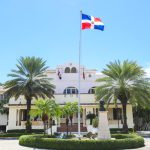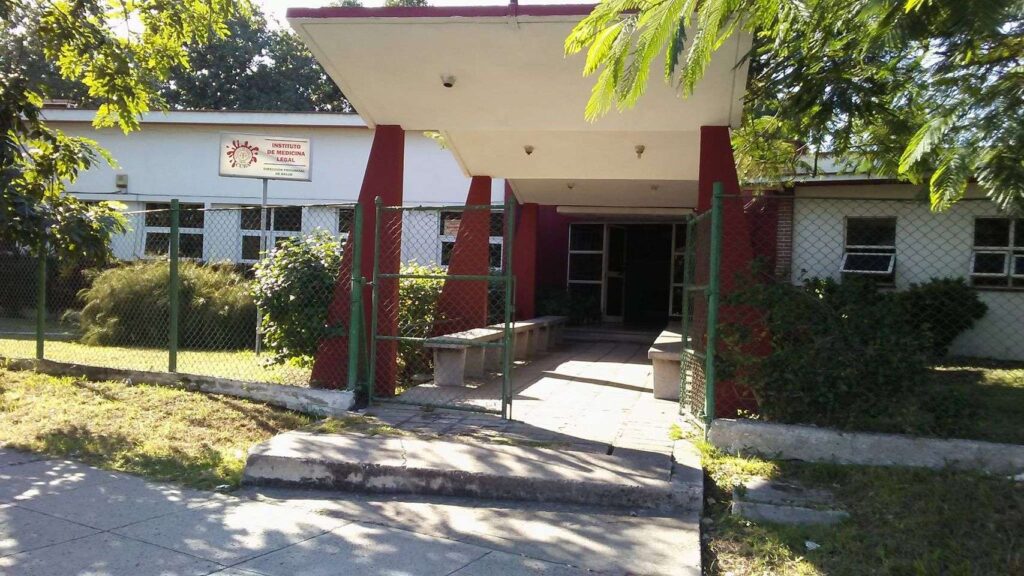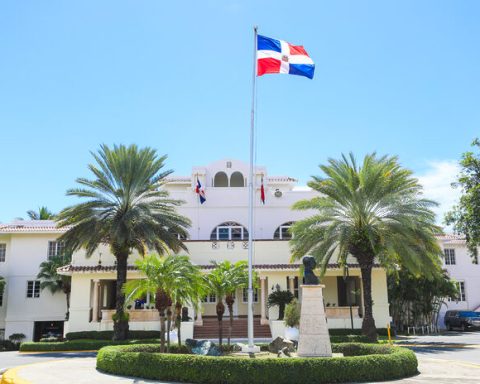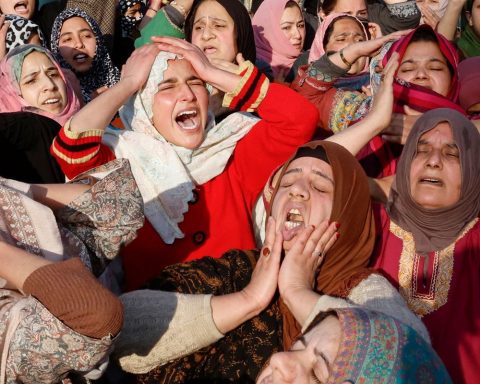Cofepris suspends 70 clandestine sites dedicated to practicing plastic surgery
From the Editorial Office
Newspaper La Jornada
Monday, August 22, 2022, p. 17
From February to date, the Federal Commission for the Protection against Sanitary Risks (Cofepris) suspended 70 clandestine clinics dedicated to the practice of aesthetic surgeries and closed another 18, while there is an increase in the demand for these interventions and certified specialists are insufficient in plastic surgery, reported the Ministry of Health.
These are facilities that put the health and even the lives of those who request these services at risk, warned José Luis García Ceja, head of the unit’s General Directorate of Quality and Health Education.
Last year, the National College of Medicine Certification registered 1,988 certified specialists in this field in the country, minuscule figure compared to the number of surgeries that are required, and that does not include reconstructive ones, only aesthetic ones
he specified during the forum The current state of cosmetic surgery in Mexico, organized by the Health Commission of the Chamber of Deputies.
He stressed that in the last 20 years the gap between the demand for services and the number of specialists has grown, which has caused bad practices that result in disability, damage to mobility and even death. All this, the result of interventions by doctors who lacked the necessary skills and in places that do not meet the minimum conditions, and less so to attend to an emergency.
.
For every certified plastic surgery specialist, he explained, there are between 20 and 25 practitioners of these procedures without being trained and in unhealthy places.
The Cofepris Health Operations Commissioner, Bertha Alcalde Luján, reported that from February to date this regulatory body has deployed 175 health surveillance operations, suspended 70 establishments and closed another 18; Likewise, it eliminated 769 publications on social digital networks such as Facebook and TikTok about surgical offers.
announced that a blacklist
irregular sites so that people know them and avoid going. The main deficiencies detected during the verification visits are the lack of a health license, inadequate infrastructure, absence of academic accreditation of the personnel who work in those places and lack of supplies or expired expiration date, which poses serious risks for clients, especially all women, he said.
















